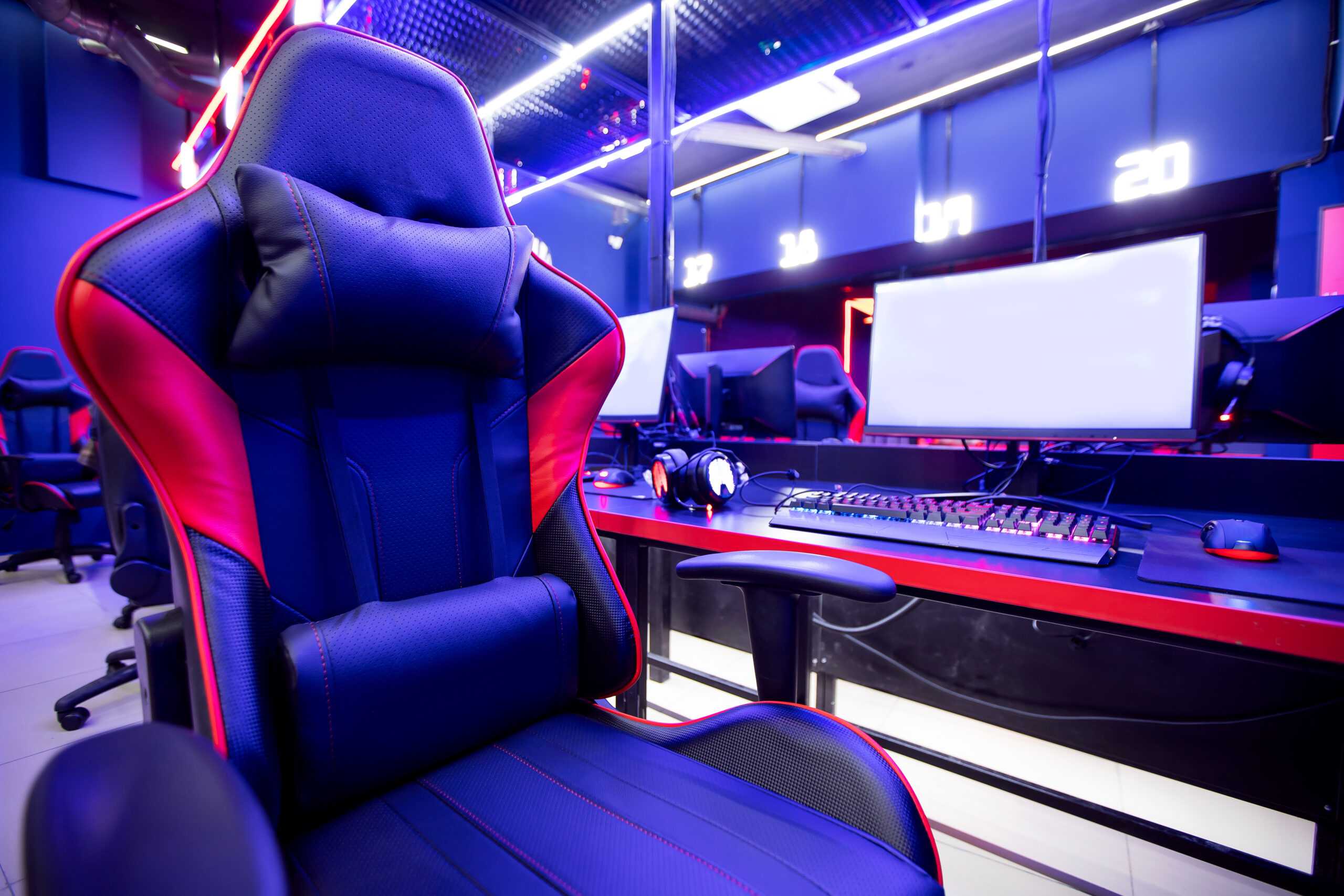As the esports industry continues to gain traction, betting firms across the globe are recognizing the synergies esports can bring to the world of gambling, just as traditional sports have for decades. While numerous bookmakers have put their brands in front of passionate esports fans through sponsorships of teams and tournaments, some are beginning to take a more direct, hands-on approach to esports via content creation and tournament hosting.
Betway, for example, not only renewed its sponsorship of Brazilian esports club MIBR for the 2021 season, but the firm recently created a team of esports content creators for the Brazilian market called the Betway Squad. This team includes Brazilian esports personalities who will seek to engage fans both through their individual streams and the official Betway TV Twitch channel.
The Betway Squad will serve as ambassadors for the brand in the region while also generating engagement through exclusive content, giveaways, watch parties, and more. If the content approach works in Brazil, it would not be surprising to see it expanded to the US – Betway is aggressively eyeing the US market, having just signed an agreement with casino supplier DGC to launch betting products in ten US states.
Esports betting platform Luckbox is also looking to ramp up its content for esports audiences and has hired Nevzat Ucar as its new Head of Content to drive the company’s global marketing strategy. Meanwhile, bookmaker Pinnacle has launched its own CS:GO esports tournament, The Pinnacle Cup. Investments in direct esports content creation or tournaments effectively cut out the middlemen and allow online bookmakers to tightly control the messaging and brand activations, including limitations on other brands in the content, and an ability to include their own betting-related information and prompts for interactivity. It also allows betting firms to more quickly test their marketing messages and adjust accordingly.
Gambling companies directly running tournaments could raise some eyebrows given the match-fixing scandals esports has had to contend with already. On the one hand, this approach enables them to protect against match-fixing and cheating. On the other, their lack of independence as a neutral party also opens them to potential accusations when upsets occur. The Esports Integrity Commission (ESIC) is likely to keep a close eye on these developments. The good news for betting firms who embrace content is that esports bettors are highly engaged. Interpret’s New Media Measure® shows that a third of esports bettors in the US watch ten or more hours of game-related content each week.






